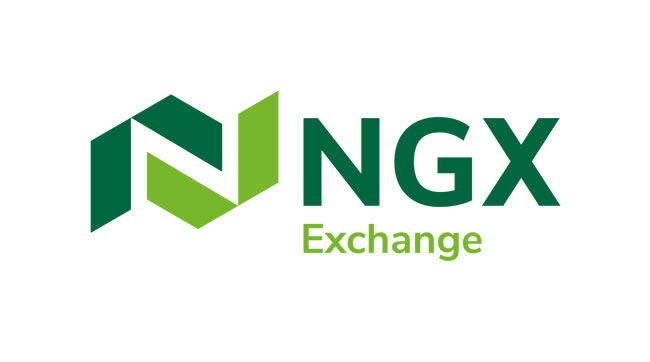The Nigerian stock market experienced a significant decline in trading activity during the week ending June 9, 2025. Investors traded 3.214 billion shares worth N76.348 billion, a sharp decrease from the previous week’s 3.794 billion shares valued at N119.394 billion. This represents a 56.4% drop in transaction value, likely influenced by the shortened trading week due to public holidays declared for Eid-el-Kabir celebrations. Despite the reduced trading volume, the market showed overall positive growth, with the NGX All-Share Index and Market Capitalization appreciating by 2.57%, closing at 114,616.75 and N72.275 trillion respectively. This upward trend suggests underlying resilience in the market despite the lower activity levels.
Sectoral performance revealed a concentration of trading within the Financial Services sector, which dominated the activity chart. This sector accounted for 71.96% of the total equity turnover volume and 68.43% of the total value, with 2.313 billion shares worth N52.241 billion traded. Following behind were the ICT and Consumer Goods industries, contributing significantly to the overall market activity. This dominance by Financial Services suggests a continued strong interest in this sector among investors. The ICT sector’s performance, while secondary to Financial Services, also signals investor confidence in the growth potential of technology-related companies.
A deeper look into individual stock performance highlights a mixed bag of gains and losses. The top three traded equities – Fidelity Bank Plc, Legend Internet Plc, and Guaranty Trust Holding Company Plc – accounted for a substantial portion of the overall trading volume and value. Their combined performance contributed significantly to the overall market trends. While the overall market index showed appreciation, individual stock performance varied, with fifty-three equities appreciating in price, forty-three depreciating, and fifty-two remaining unchanged. This distribution indicates a dynamic market environment where individual stock performance is influenced by company-specific factors rather than solely by overall market trends.
Analyzing the top gainers and losers reveals interesting insights into individual company performance. Oando Plc led the gainers with a significant 25.77% increase in share price, followed by Lasaco Assurance Plc and Multiverse Mining. On the other hand, Associated Bus Company experienced the steepest decline, losing 55k, followed by Julius Berger and Legend Internet. These fluctuations reflect the inherent volatility in the stock market, where various factors, including company performance, industry trends, and investor sentiment, can impact individual stock prices.
The listing of the May 2025 issue of the Federal Government of Nigeria Savings Bonds on the Nigerian Exchange Ltd. (NGX) further adds to the market’s activity and offers investors another avenue for investment. This listing provides a relatively safe and stable investment option backed by the government, providing an alternative to the potentially higher-risk, higher-reward equity market. The availability of government bonds broadens the investment options available on the NGX and caters to a wider range of investor risk appetites.
In conclusion, the Nigerian stock market during the week in review experienced a noticeable decline in trading activity due to the shortened trading week. Despite this, the market demonstrated underlying strength with a positive growth in the All-Share Index and Market Capitalization. Sectoral performance was heavily skewed towards Financial Services, while individual stock performance varied, showcasing the dynamic nature of the market. The listing of new government bonds provides investors with additional investment opportunities and further diversifies the available instruments on the NGX. The overall market performance indicates a resilient market navigating through fluctuating activity levels and individual stock volatilities. The continued dominance of the Financial Services sector and the mixed bag of individual stock performances suggest a market driven by both sector-specific and company-specific factors, highlighting the importance of careful analysis and strategic investment decisions.














